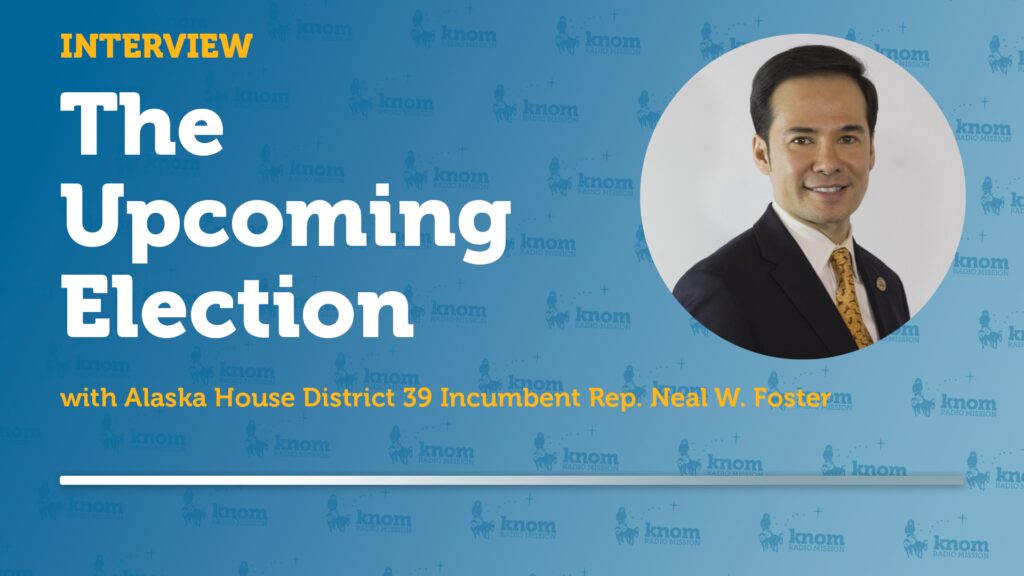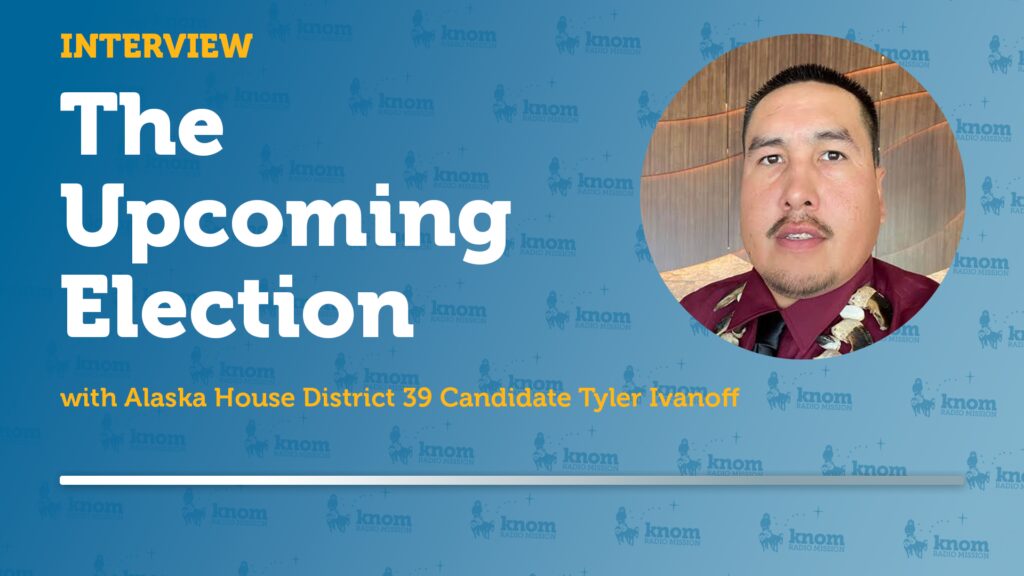The Week of the Arctic conference wrapped up its time in Nome with a “federal listening session” yesterday.
Three U.S. representatives from the Arctic Council, an intergovernmental body that also includes Canada, Norway, Greenland and Russia, received recommendations from tribal and governmental leaders in the Bering Strait region.
U.S. Coast Guard Admiral Robert Papp, Rear Admiral Daniel Abel, and Fran Ulmer – advisor to the Secretary of State for Arctic Policy and Science – listened to public comments in preparation for the United States’ tenure as chair of the Arctic Council, which will begin in April 2015.
Kawerak CEO Melanie Bahnke expressed her gratitude to the council members for inviting public feedback at this time, but urged them to “make space at the table” for Alaska Native voices in future policy-making decisions.
“The days of having policy decisions made for us, and things done to us, I think should be over,” said Bahnke. “That’s a chapter in U.S. and state history that’s gone. And as we write the next chapter going forward, I think Alaska’s first people should be part of authoring the next few chapters in our history.”
Nome Mayor Denise Michels also spoke about a greater regional presence, saying she hopes to see Arctic Council meetings under U.S. leadership taking place in Alaska, rather than Washington D.C.

Bernadette Alvanna-Stimpfle is the program director for Kawerak’s Eskimo Heritage Program in Nome. She told council members that she’s excited about new possibilities under U.S. leadership–but she’d like to see the U.S. take a cue from other nations on the Arctic Council, too. In particular, she pointed to native language programs prioritized by the last Arctic Council chair: Canada.
“The message I bring to you is to continue the Arctic language work that began under Canadian leadership,” said Alvanna-Stimpfle. “It’s very, very important to the future of our students.”
Admiral Papp thanked community members for their input, and said he plans to hire at least one Alaska Native representative before the U.S. assumes leadership of the Arctic Council. He also emphasized the need for a “strong national imperative” and lines of communication to legislators in the Lower 48, highlighting the economic and ecological importance of the Arctic.
“As people of the United States we have a moral imperative to make sure that we assure the safety and security and environmental stewardship of every area of our country,” he said.
The Week of the Arctic conference will continue in Kotzebue today and Thursday, before it’s conclusion in Barrow over the weekend. Two separate federal listening sessions will be held in each community.
Correction: The quotation attributed to Bernadette Alvanna-Stimpfle was attributed to Rose Fosdick in an earlier version of this story.







